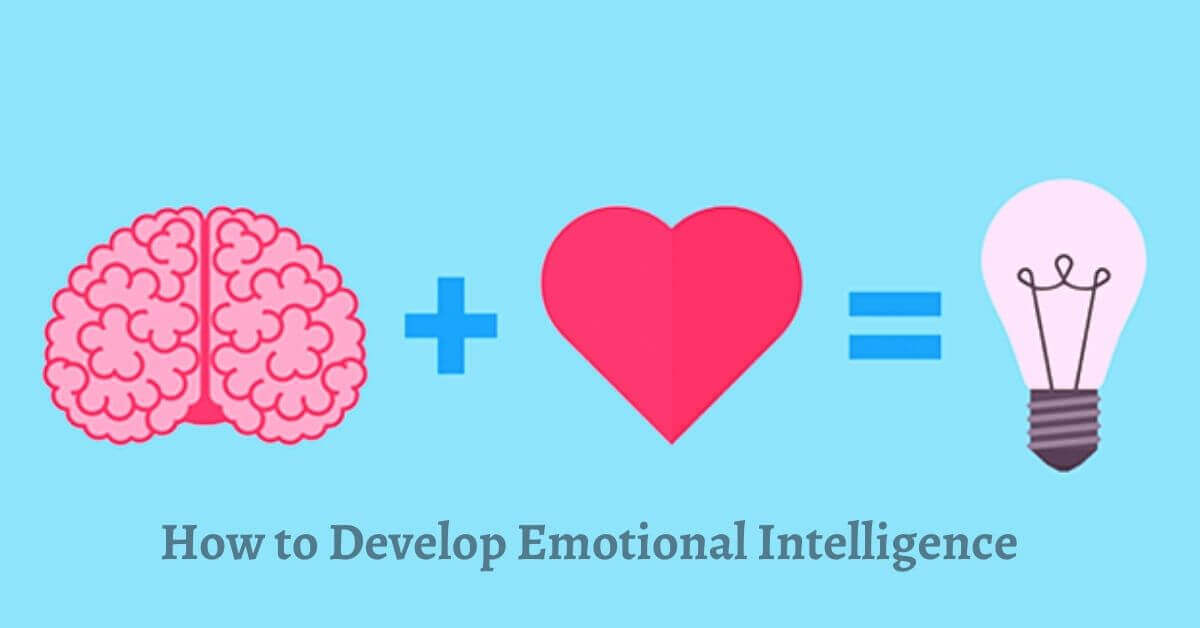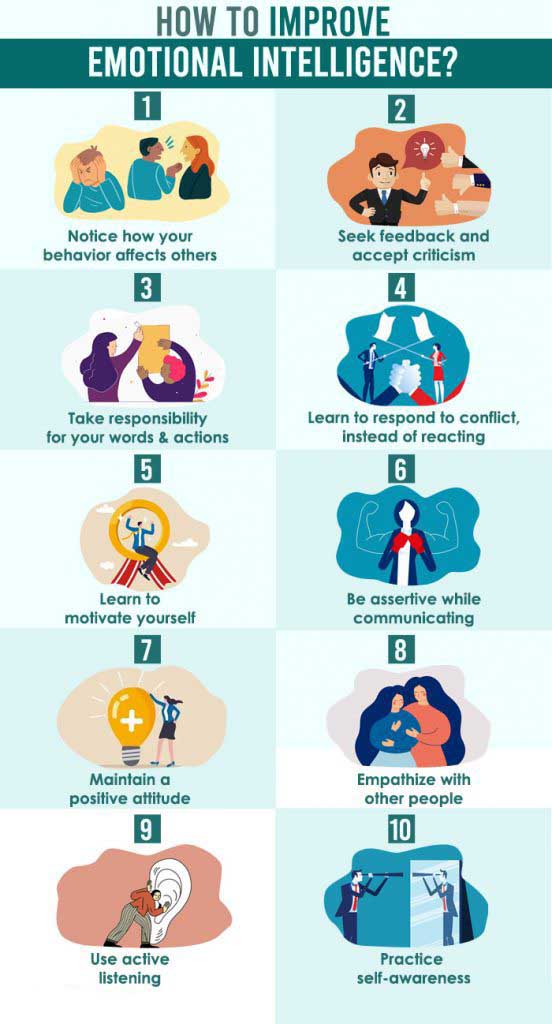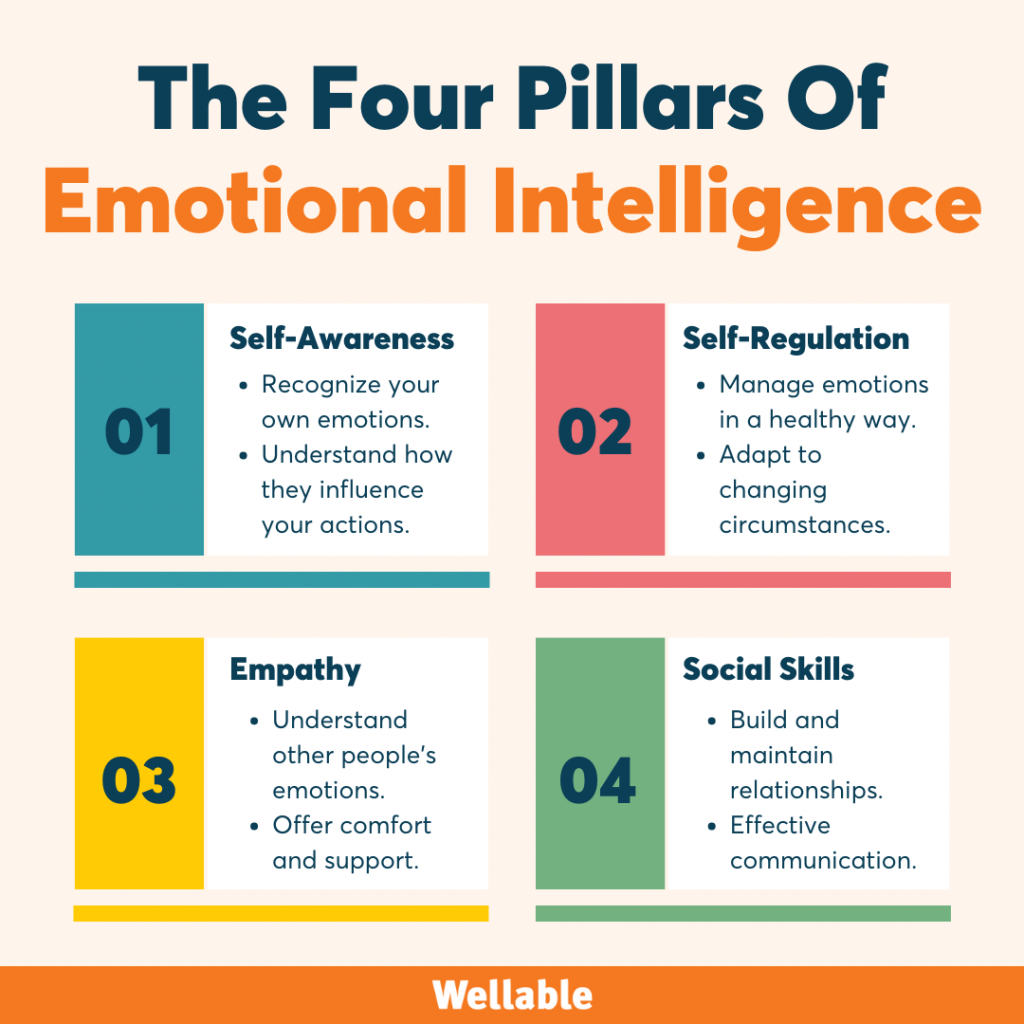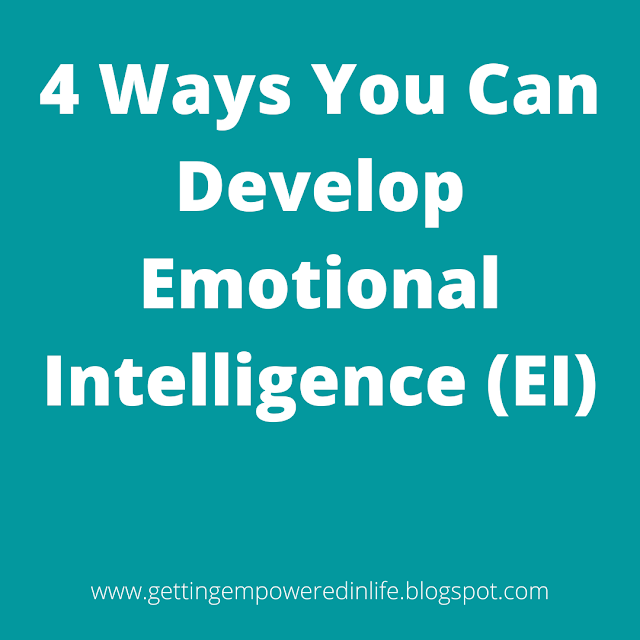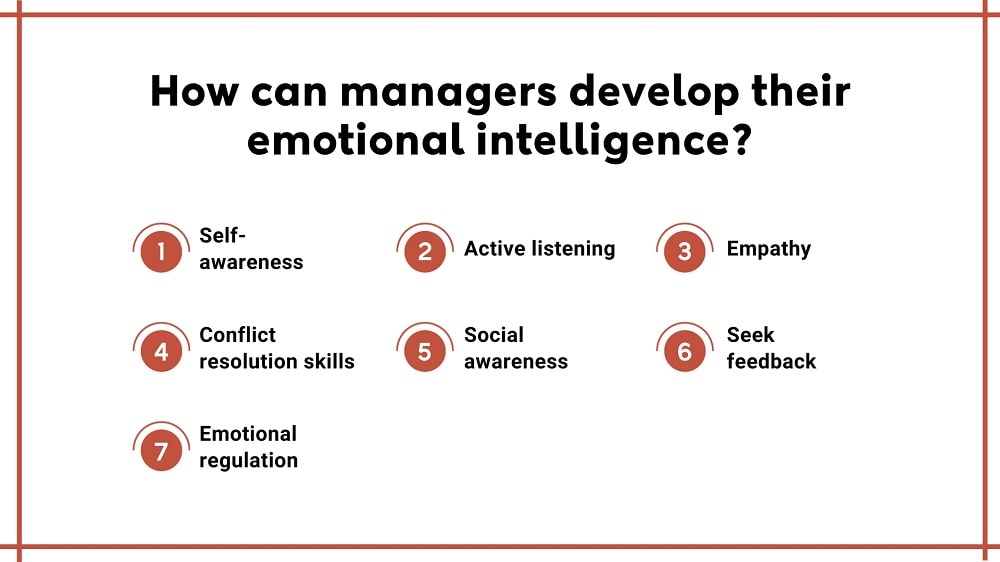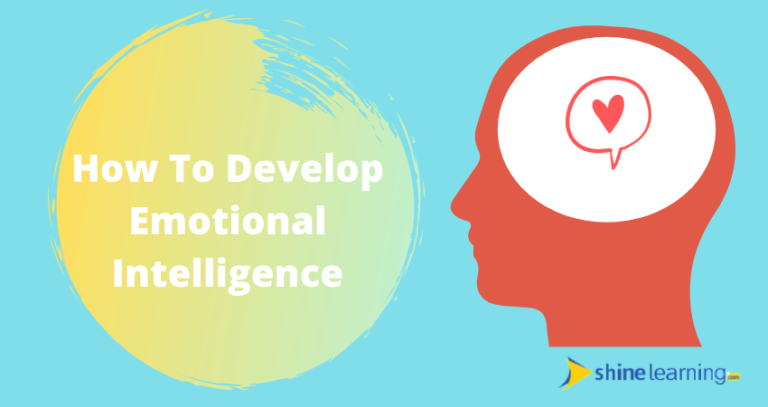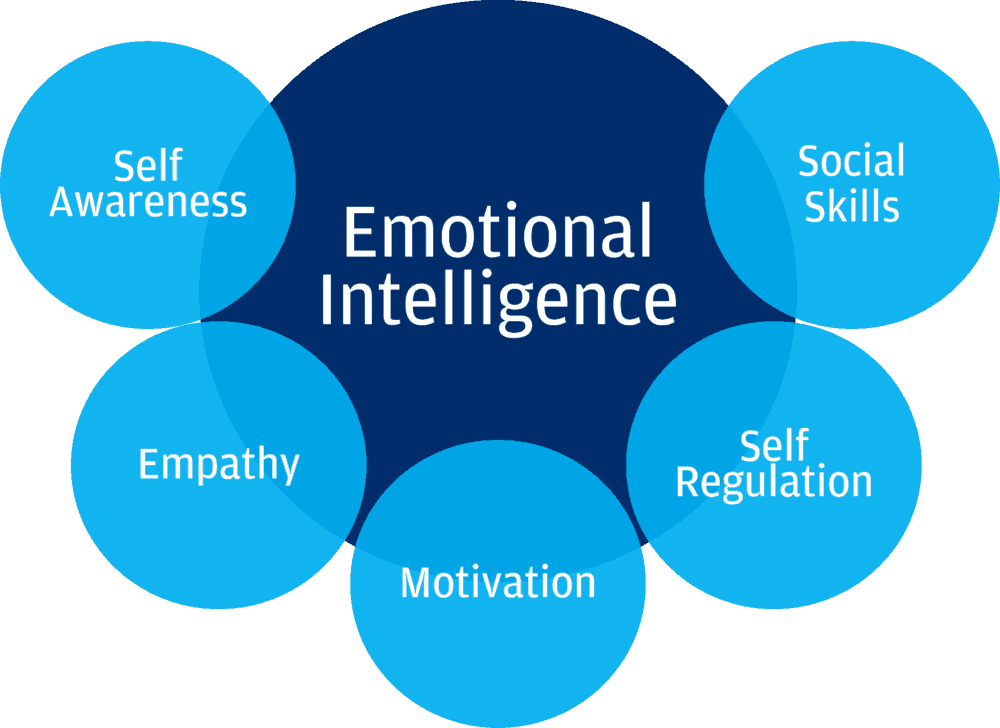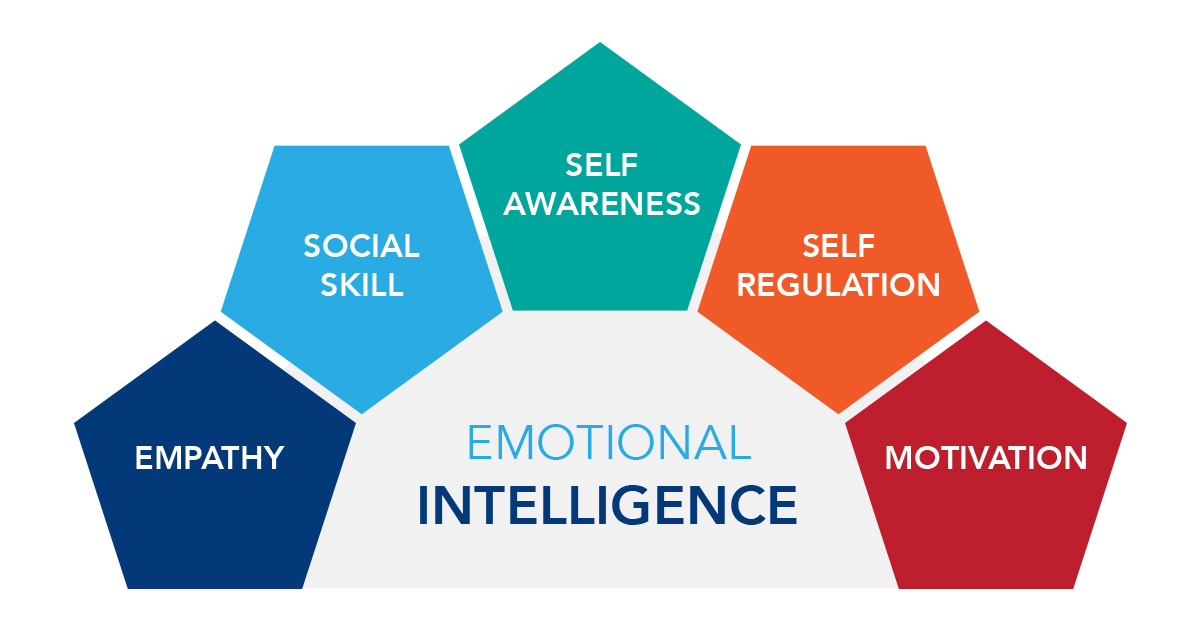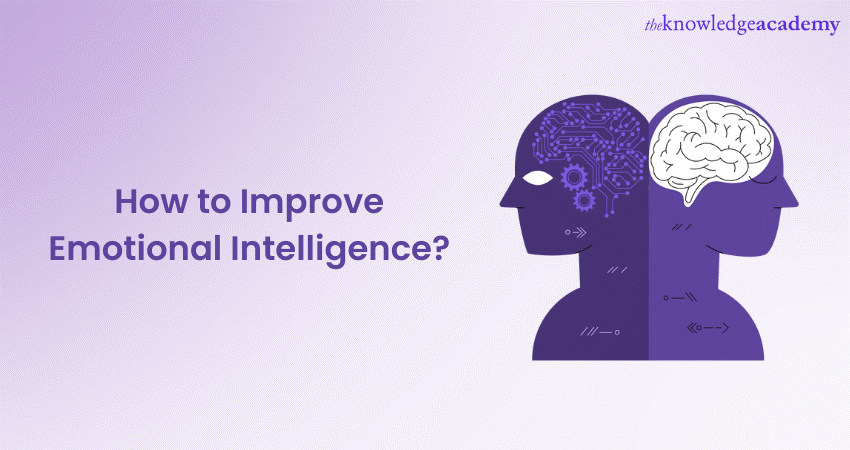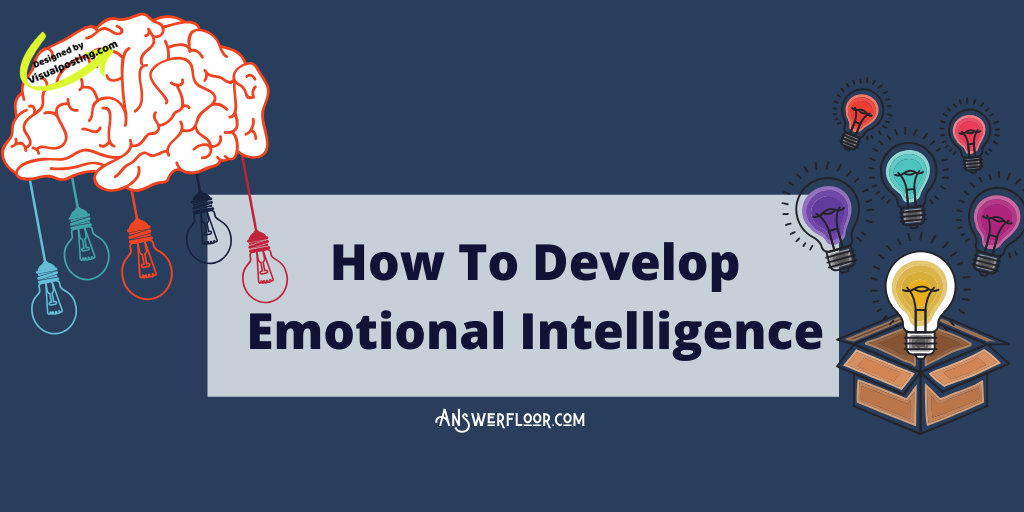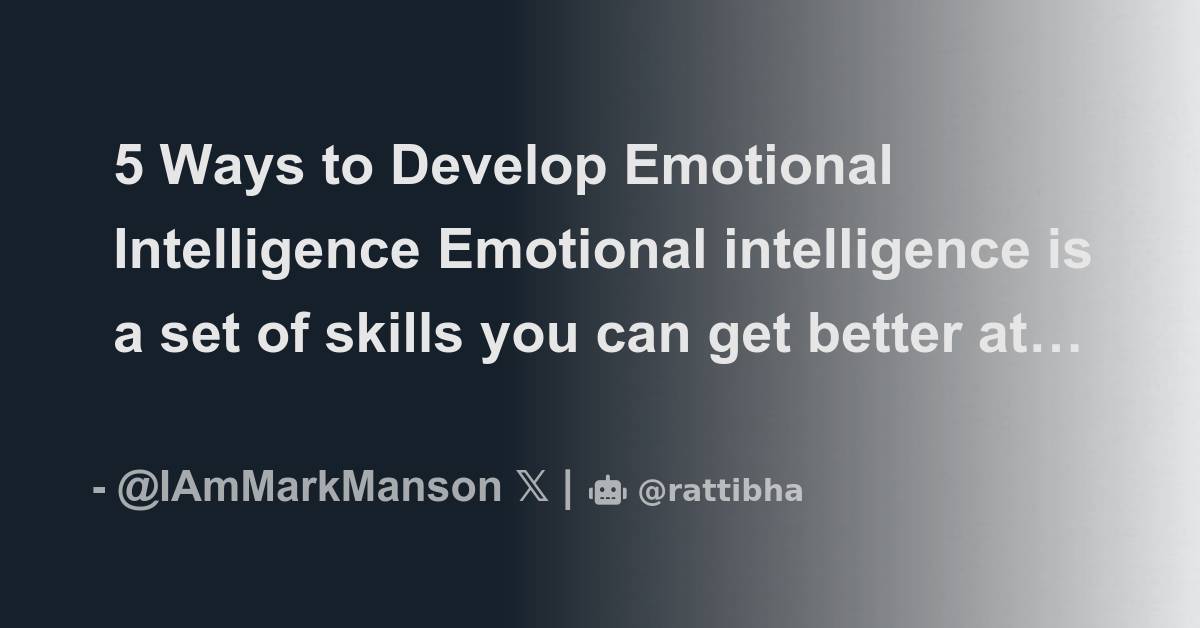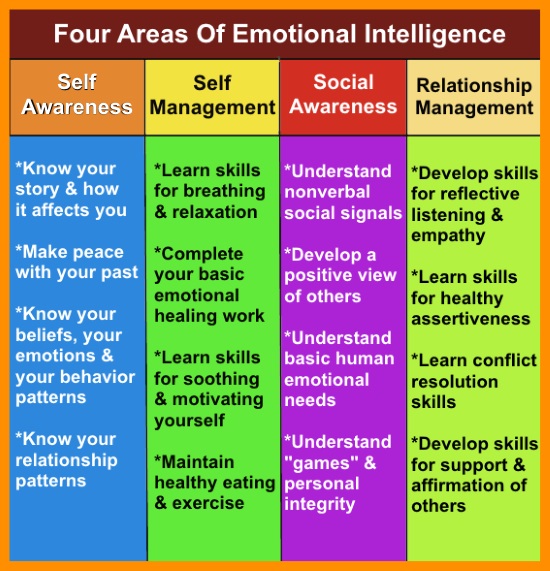Can You Develop Emotional Intelligence

Imagine a bustling office, deadlines looming, tensions rising. Amidst the chaos, Sarah, a project manager, calmly navigates a heated debate between two team members. She listens intently, acknowledges their frustrations, and gently guides them toward a solution. The air clears, the project moves forward, and Sarah's quiet leadership shines. Is this innate talent, or a skill carefully honed? The answer, as research suggests, is a bit of both, leaning heavily towards the latter.
At the heart of Sarah's success lies emotional intelligence (EI), the ability to understand and manage your own emotions and recognize and influence the emotions of others. While some might believe it's a fixed trait, experts increasingly argue that EI is a set of skills that can be developed and strengthened over time. This opens up a world of possibilities for personal and professional growth, leading to stronger relationships, better communication, and increased overall well-being.
The Building Blocks of Emotional Intelligence
Emotional intelligence isn't a single entity, but rather a collection of intertwined abilities. Psychologist Daniel Goleman, a leading expert in the field, identifies five key components: self-awareness, self-regulation, motivation, empathy, and social skills.
Self-Awareness: Knowing Yourself
Self-awareness is the cornerstone of EI. It involves recognizing your own emotions, understanding their impact on your thoughts and behavior, and knowing your strengths and weaknesses. This isn't about dwelling on negativity, but rather gaining a realistic and honest understanding of yourself.
Practicing mindfulness, journaling, and seeking feedback from trusted sources can all contribute to greater self-awareness. Regular reflection allows you to identify emotional triggers and patterns, providing valuable insights into your reactions.
Self-Regulation: Managing Your Emotions
Once you're aware of your emotions, the next step is learning to manage them effectively. Self-regulation isn't about suppressing your feelings, but rather controlling how you express them. It's about responding to situations thoughtfully rather than reacting impulsively.
Techniques such as deep breathing, meditation, and taking short breaks can help you regulate your emotions in the moment. Developing a healthy coping mechanism for stress is also crucial for maintaining emotional equilibrium.
Motivation: Driving Yourself Forward
Emotional intelligence also encompasses the ability to motivate yourself, even in the face of challenges. This includes setting goals, staying optimistic, and persevering through setbacks. A strong sense of self-efficacy and a belief in your ability to succeed are essential components of this aspect of EI.
Breaking down large tasks into smaller, more manageable steps can help maintain motivation. Celebrating small victories and focusing on progress, rather than perfection, can also boost morale and encourage continued effort.
Empathy: Understanding Others
Empathy is the ability to understand and share the feelings of others. It involves putting yourself in their shoes, recognizing their perspectives, and responding with compassion. Empathy is not simply agreeing with someone, but rather acknowledging their emotional experience.
Active listening, asking clarifying questions, and paying attention to nonverbal cues can all enhance your empathetic abilities. Practicing empathy not only strengthens relationships but also fosters a more inclusive and understanding environment.
Social Skills: Building Connections
Social skills encompass the ability to build rapport, communicate effectively, and navigate social situations with ease. This includes active listening, clear communication, conflict resolution, and teamwork. Strong social skills are crucial for building and maintaining healthy relationships, both personally and professionally.
Practicing assertive communication, seeking opportunities for collaboration, and actively participating in group activities can all improve your social skills. Remember that effective communication is a two-way street, requiring both speaking and listening skills.
The Evidence for Development
Research consistently demonstrates that EI can be developed through targeted interventions and conscious effort. Studies have shown that EI training programs can lead to significant improvements in various areas, including communication skills, teamwork, and leadership effectiveness. As the Consortium for Research on Emotional Intelligence in Organizations states, EI is not fixed, but rather a set of learnable skills.
Furthermore,
"emotional intelligence is responsible for 58 percent of your performance in all types of jobs,"according to TalentSmartEQ. This data reinforces the impact of developing EI skills.
For example, a study published in the Journal of Applied Psychology found that EI training significantly improved the performance of sales professionals. The salespeople who received training were better able to understand their customers' needs, build rapport, and close deals.
A Lifelong Journey
Developing emotional intelligence is not a quick fix but rather a lifelong journey of self-discovery and growth. It requires consistent effort, self-reflection, and a willingness to learn and adapt. As you cultivate your EI skills, you'll notice positive changes in your relationships, your work performance, and your overall well-being.
So, can you develop emotional intelligence? The answer is a resounding yes. Just like any other skill, it requires practice, dedication, and a belief in your ability to grow. Embrace the journey, and unlock the power of your emotions to create a more fulfilling and meaningful life.



